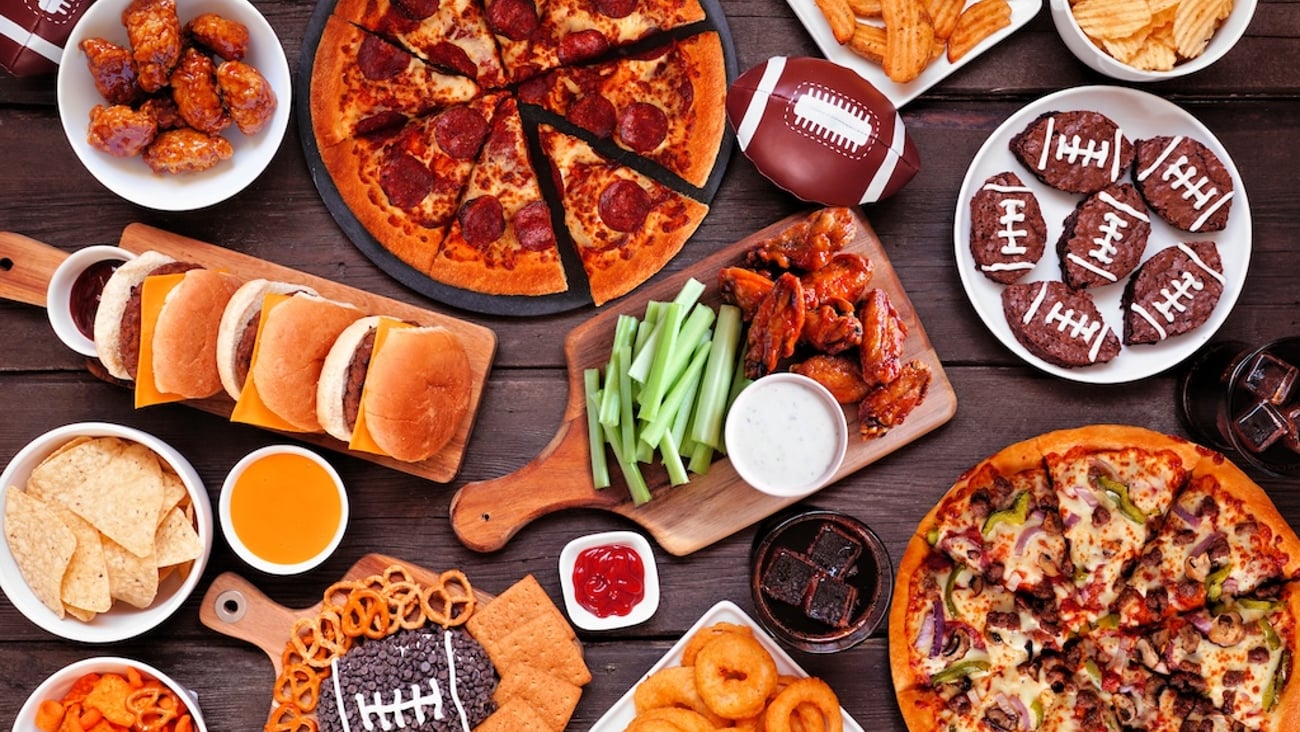Saving the Happy Meal
Now that the Rio Olympics are over, the proverbial baton is now handed over to both Korea and Japan, the next host nations of the Winter and the Summer Olympics.
Canada won many medals and Canadians should be proud of what all of our athletes have accomplished. Nevertheless, the big winner of the Olympics is certainly the International Olympic Committee (IOC) with its mega sponsorship deals. Over the years many companies have associated themselves with the IOC.
Food industry pundits have also played a part for decades. Well-known companies such as Coke and Kellogg’s have poured millions into the IOC.
The biggest name in food at the Olympics is arguably McDonald’s. Most know how close the fast food giant is to the Olympic movement. It goes back more than 40 years, beginning with the 1976 Summer Olympics in Montreal, Canada. McDonald’s is now a fixture in the Olympic movement, with its current deal ending at the 2020 Tokyo Olympics. This deal is allegedly worth more than $50m per Olympics, and this is just to have the right to use the famous Olympic symbol on its products. The association between McDonald’s and the IOC has been lucrative at both ends.
McDonald’s Restaurants are the world’s largest toy distributor by virtue of selling millions of happy meals every year. Since 1979 in Canada, stencils, 3D glasses, Frisbees, balls, posters, mini gardening tools, and video games have been given away with Happy Meals. Most single toys are not only associated with a movie or TV show, but they are actually part of a collection, which allures parents and children to return in order to collect the entire set. Over the years the toys have become more sophisticated.
This year, however, consistent with the spirit of the games, McDonalds wanted to get kids moving by giving away StepIt, a specially-sized step counter made for children. The portable watch-like device was meant to allow kids to monitor their daily activities. Interesting idea. But a design flaw made children develop skin abrasions from wearing the StepIt counters and the chain had to issue a recall. What was an interesting idea to entice children to get into shape completely backfired for McDonald’s.
But the StepIt situation does point to the whole ethical and moral dimensions of giving away free toys with Happy Meals to children. It is not really advertising, which is a forbidden practice in many countries, including Quebec. However, McDonald’s toy distribution focus, along with the marketing of food with questionable nutritional value, has made many uncomfortable over the years.
The Happy Meal strategy for McDonald’s represents about 20% of its sales as over 1.5 billion Happy Meals are sold worldwide every single year. Needless to say, the continuation of giving free toys away is important to the company’s bottom line. In fact, the City of San Francisco a few years ago tried to ban the practice of giving away toys. Yet McDonald’s was able to outsmart San Francisco’s council by “selling” the toys at a dime each in lieu of giving them away for free. Smart, but also perilous in the era of social licensing.
The notion of social licensing has transcended the frontiers of the mining industry in recent years and has captured the imagination of the food space critics. Consumers are questioning current practices in the food industry by challenging leaders on many fronts. Social licensing is the ability for any organisation to operate with the confidence of stakeholders and that its activities are deemed morally and socially legitimate.
Supply chain transparency, gender equality in organizations and on boards, and environmental stewardship, anything goes. It’s surprising Happy Meals have not garnered much more attention in recent years, but that may change. It’s just a question of time.
In Chile, McDonald’s is no longer allowed to give away free toys with Happy Meals in order to address childhood obesity. In some countries around the world, McDonald’s offers the option to give books along with Happy Meals, not toys. Digital books are also available. Striking a balance between pleasing responsible parents and entertaining children is difficult, but not impossible. And let’s face it, most toys received at McDonald’s will capture a child’s imagination for only a few hours, if that. Some toys don’t even make it to the car. The waste.
The moral contract between consumers and the food industry is constantly being revisited these days. What was acceptable just merely a few years ago may not be anymore. It is easy to bet that the days of associating toys for kids with fast food are numbered. As a responsible company, McDonald’s has made some interesting adjustments in recent years, but the malaise remains. Giving away free paraphernalia is not a bad idea. After all, who doesn’t like gifts. However, it is perhaps time for McDonald’s to repurpose the Happy Meal as a mechanism to make society a better place. It shouldn’t be just about entertaining a child for only just a few minutes. We simply expect more now.




